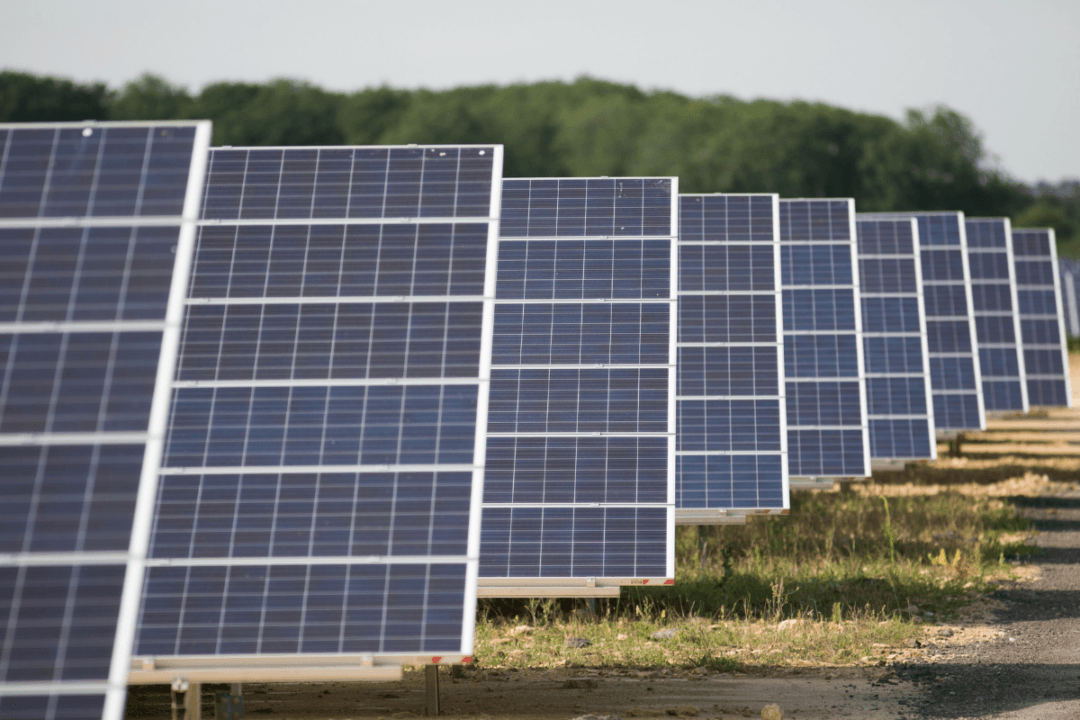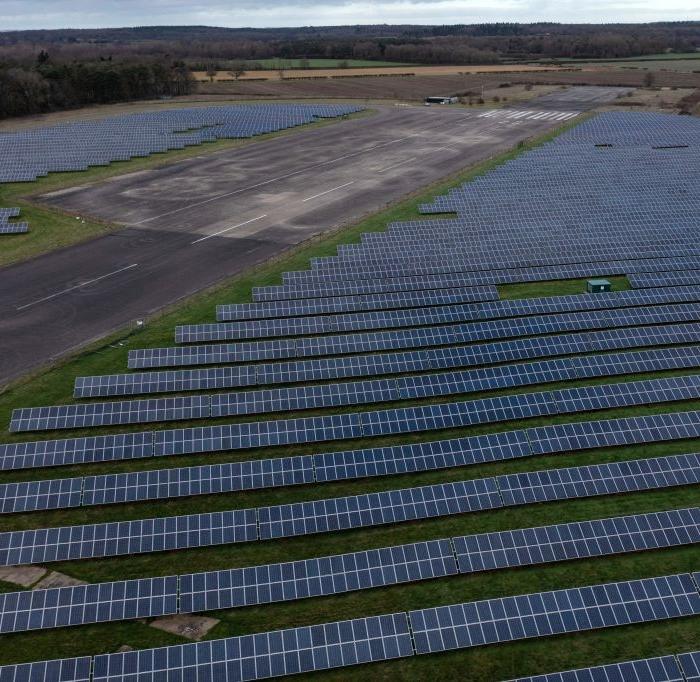A think tank has recommended that the government should take control of local net-zero projects to overcome “resistance” and achieve decarbonisation targets.
Lose Their Ability to Oppose
“There are options for addressing this resistance, including pushing decision-making up to the central government level, such that local communities lose their ability to oppose,” it said.It added that the government has “acted to reduce the ability of local communities to object to some renewable energy projects in their area, but this alone may not be sufficient to get spades in the ground without local backlash.
“There are, however, ways to assuage localised concerns, one of which is financial transfers to those living near proposed development,” it added.
Resolution Foundation’s analysis also found that the majority of proposed renewable energy projects are in wealthier areas.
It said that just 13 percent of proposed solar projects are in the poorest 40 percent of neighbourhoods, compared with more than 60 percent in the 40 percent of richest areas.
It said that it is important that using “financial incentives to assuage locals’ concerns” does not lead to “widespread compensation from younger, poorer and urban households to their older, wealthier and rural counterparts.”
While the term “nimby” does not appear in the report itself, Jonny Marshall, a senior economist at the Resolution Foundation, told The Guardian, “Doing this effectively will require overcoming opposition to development from net-zero nimbys, who often live in wealthier parts of the country.”
‘Clean Energy Infrastructure’
Andrew Montford, author and director of Net Zero Watch, told The Epoch Times by email, “This is not really a surprise.”He added that he believed the “economy and the environment are going to be trashed.”
A Department for Energy Security and Net Zero spokesperson told The Epoch Times by email: “We are wasting no time in implementing the bold climate and energy plan needed to deliver our mission for greater energy independence.
“In just one week, we have swept away barriers to onshore wind farms, consented more solar power than has been installed in the past year and set out plans for a solar rooftop revolution.
“It is also important we listen to people’s concerns, and where communities host clean energy infrastructure, they should benefit directly from it.”






